Navigating the world of online business can be overwhelming, given the plethora of strategies and models available. Managing your resources efficiently and focusing on effective business models that align with your lifestyle and personality is crucial for long-term success. Here are five robust online business models to consider when launching your new venture.
Business Model #1: Blogging

Blogging is one of the oldest and most reliable online marketing methods. Despite claims that the blogging boom is over, it remains a viable way to generate income if approached correctly. The key to success lies in choosing a topic you are passionate about and consistently producing content.
To succeed in blogging, it’s essential to post regularly and not give up, even if progress seems slow initially. Consistent posting builds an audience, and once you have significant traffic, various monetization methods become available, such as affiliate marketing and sponsored ads. While blogging can take time to become profitable, it requires minimal maintenance once established. You can even outsource content creation to maintain your blog’s momentum.
Blogging isn’t just for those seeking full-time income; it can also be a valuable tool for generating discussions and extra links for your business. Remember, promotion is vital—excellent content will go unnoticed without effective marketing.
Business Model #2: YouTube

YouTube is a powerful platform to reach a vast audience, particularly among millennials and Generation Z, who prefer video content over written text. Videos are more engaging and can convey messages quickly, making them more effective than blog posts in many cases.
You can use YouTube to build an audience by regularly posting videos on topics you are knowledgeable about. Over time, you can monetize your channel through ads, sponsorships, and affiliate links. YouTube also enhances your SEO and drives traffic to your website.
Given YouTube’s massive user base, businesses that leverage this platform often have a competitive edge. With relatively few companies using YouTube compared to Facebook, it offers a unique opportunity for those who utilize it effectively.
Business Model #3: Selling Physical Products and Amazon FBA
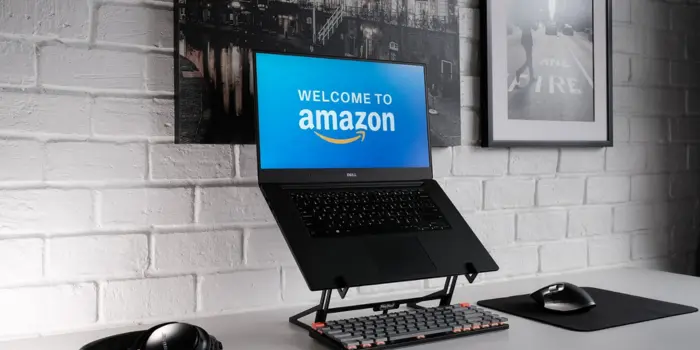
Selling physical products through Amazon FBA (Fulfilled by Amazon) can be highly lucrative if done correctly. Amazon handles delivery, storage, and customer support, allowing you to focus on product listing and marketing.
While Amazon takes a portion of your earnings and limits brand visibility, the convenience it offers can outweigh these drawbacks. Alternatively, you can explore dropshipping, where you act as a middleman, promoting and selling products without holding inventory. Although profit margins are lower, it requires less upfront investment.
Another option is using a third-party logistics (3PL) company, which provides higher profit margins but requires purchasing goods upfront. This model combines elements of dropshipping and traditional retail, offering a balance of control and convenience.
Business Model #4: Online Courses

Creating and selling online courses can be extremely profitable, especially if you are an expert in a particular field. Online education is booming, with many seeking affordable alternatives to traditional higher education.
Developing a successful course involves significant effort, from content creation to promotion. The process includes choosing a topic, ensuring market demand, defining learning outcomes, and producing engaging content, preferably through videos. Once your course is live, marketing is crucial to attract students and generate revenue.
Business Model #5: Freelancing
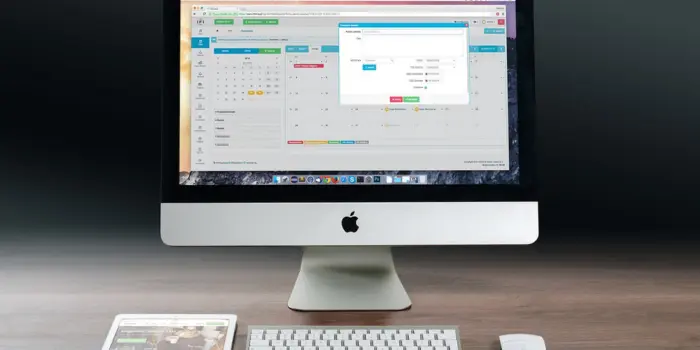
The freelance economy has grown significantly, offering a vast pool of talent for various tasks. As a freelancer, you can leverage platforms like UpWork to find clients or hire freelancers to handle tasks for your business.
Freelancing allows you to tap into specialized skills without the commitment of full-time employees. This model is particularly effective for businesses looking to scale quickly and efficiently. Virtual assistants and specialized freelancers can handle tasks ranging from content creation to software development, enabling you to focus on growth and strategy.
Conclusion
Each online business model has its unique advantages and challenges. The key to success is choosing a model that aligns with your interests and resources. Whether you opt for blogging, YouTube, selling physical products, creating online courses, or freelancing, commitment and consistent effort are essential. With the right approach, these models can lead to sustainable online success.
FAQs on Online Business Models
What is the best online business model for beginners?
Blogging and freelancing are often recommended for beginners. Blogging allows you to start with minimal investment and gradually build an audience. Freelancing enables you to leverage your existing skills and earn income quickly by offering services on platforms like UpWork.
How much money do I need to start an online business?
The amount varies depending on the business model. Blogging and YouTube can be started with a small investment in a domain, hosting, and basic equipment. Amazon FBA and selling physical products require more upfront investment for inventory and logistics. Online courses and freelancing can also be started with minimal costs if you already have the necessary expertise and tools.
How long does it take to see profits from blogging?
Blogging typically takes 6 months to a year to generate significant traffic and income. Consistency, quality content, and effective promotion are key factors in accelerating this timeline.
Can I use multiple business models simultaneously?
Yes, many successful entrepreneurs use a combination of business models. For example, you can blog about a topic, create YouTube videos for additional content and audience engagement, and sell online courses related to your blog’s niche.
What are the main challenges of running a YouTube channel?
Consistency in content creation, engaging with your audience, handling video production, and navigating YouTube’s algorithms are common challenges. It’s also important to effectively market your channel to grow your subscriber base.
Is Amazon FBA a good option for a side hustle?
Yes, Amazon FBA can be a good side hustle as it handles many logistical aspects of selling products. However, it requires careful product selection, investment in inventory, and ongoing management to ensure profitability.
What skills are needed to create an online course?
You need subject matter expertise, content creation skills (especially for video), and the ability to structure and present information clearly. Additionally, marketing skills are crucial to promote and sell your course effectively.
How do I find reliable freelancers for my business?
Use reputable freelancing platforms like UpWork, Freelancer, or Fiverr. Look for freelancers with good reviews, relevant experience, and strong portfolios. Conduct interviews and start with small projects to test their skills and reliability.
Can I turn my blog into a full-time business?
Yes, many bloggers have turned their blogs into full-time businesses by monetizing through ads, affiliate marketing, sponsored posts, and selling their own products or services. It requires dedication, strategic planning, and consistent effort.
What are the benefits of using a 3PL company?
Using a 3PL company allows you to outsource storage, packing, and shipping, reducing the logistical burden on your business. It can result in higher profit margins compared to dropshipping, as you maintain more control over your brand and customer experience.





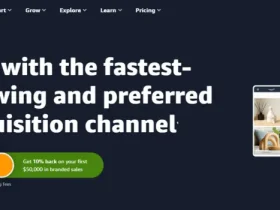
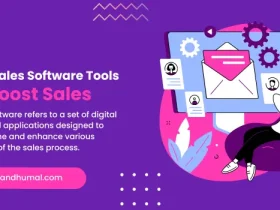



![Hostinger Black Friday Deals 2024: Up to 79% Off Web Hosting [FREE Domain, 3 Months Free Hosting] 17 Hostinger Black Friday Deals](https://nayandhumal.com/wp-content/uploads/2024/11/Hostinger-Black-Friday-Deals-280x210.webp)



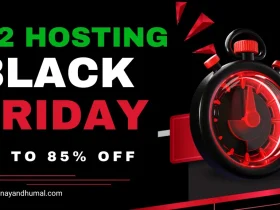





Leave a Reply